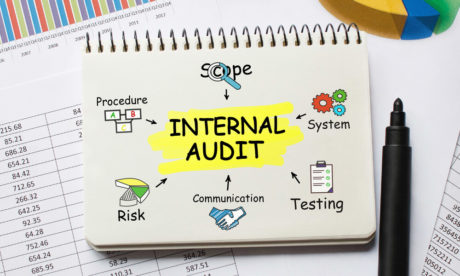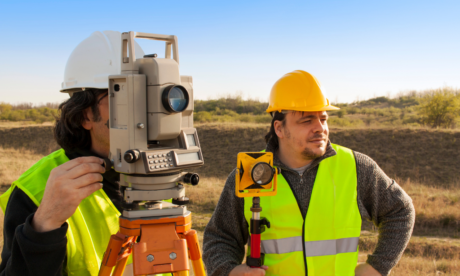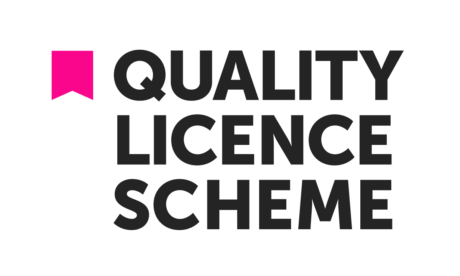Overview
Welcome to “English for Healthcare,” a course that’s your guide to understanding and using medical language and how to talk to both colleagues and patients in a healthcare setting. Instead of just giving you words to memorize, this course takes you on a fun learning adventure where you explore lots of medical words and phrases and understand how to use them accurately in conversations that matter. Step by step, you’ll discover a wide range of words, terms, and ways of communicating that make talking about detailed and important health topics clear and easy.
In the first part, we’ll explore basic words and phrases that help you talk about the human body, use and identify equipment, and understand common short forms of medical words and phrases, making sure you can speak confidently and accurately about medical topics. This isn’t just a lesson – it’s an exciting trip into a special kind of English, crafted just for healthcare, where every new word you learn helps you talk about important health topics in a clear and precise way. The carefully planned modules are your guide, offering pictures and examples that help make sure you understand and remember the words used in healthcare every day.
Next, we’ll get into particular medical jargon that will help you discuss various bodily parts in-depth while making sure you comprehend and employ it appropriately in medical conversations. In addition, the course’s last section teaches you the best ways to communicate in medical settings, ensuring that you are proficient not just in utilizing medical English but also in modifying your speech to be understandable and patient-friendly. At the end of your learning process, you’ll not only have a better understanding of medical terminology, but you’ll also be able to utilize it to communicate with patients and other professionals more effectively.
Please note: Our English For Healthcare Professionals course only gives you the theoretical knowledge to excel in this field. This course doesn’t entitle you to practise as a professional in this specific field.
Learning Outcomes:
- Acquire an exhaustive understanding of basic healthcare vocabulary, ensuring accurate identification and usage of terms.
- Develop proficiency in medical terminologies related to various physiological systems.
- Enhance communication skills to articulate medical concepts clearly to peers and patients alike.
- Master the art of adapting dialogue according to a patient’s comprehension level.
- Cultivate professional communication and behaviour apt for the healthcare environment.
Who is this for?
- Individuals transitioning into healthcare sectors who require a firm grounding in medical English.
- Medical students seeking to enhance their vocabulary and communication in their respective fields.
- Healthcare providers aim to refine their interactions with patients and colleagues.
- Non-native English speakers working in healthcare environments in English-speaking countries.
- Medical transcriptionists and secretaries strive for precision in understanding and documenting medical dialogues.
Certification
Once you finish the course, you have the option to get a certificate to show your success. The PDF version costs just £3.99, while a printed one is £7.99. If you’d like both, it’s £10. For students outside the UK, there’s an extra £10 for delivery.
Requirement
- This course is available to all learners of all academic backgrounds.
- Learners should be aged 16 or over to undertake the course.
- A strong grasp of English, numeracy, and ICT is necessary for enrollment in this course.
Career path
- Medical Transcriptionist: £20,000 – £30,000
- Clinical Coder: £21,000 – £35,000
- Medical Secretary: £18,000 – £25,000
- Healthcare Assistant: £15,000 – £20,000
- Paramedic: £24,000 – £37,000
- Biomedical Scientist: £22,000 – £40,000
Course Curriculum
| English for Healthcare | |||
| Part-1: Basic Vocabulary | |||
| Module 01: Human Body Vocabulary With Pictures | 00:47:00 | ||
| Module 02: Equipment, Instruments And Lab Tests | 00:19:00 | ||
| Module 03: Acronyms And Abbreviation | 00:36:00 | ||
| Part 2- Medical Terminology | |||
| Module 04: Digestive System | 00:25:00 | ||
| Module 05: Cardiovascular System | 00:20:00 | ||
| Module 06: Blood And Immunity System | 00:20:00 | ||
| Module 07: Respiratory System | 00:17:00 | ||
| Module 08: Musculoskeletal System | 00:17:00 | ||
| Module 09: Central Nervous System | 00:14:00 | ||
| Part 3- Medical Communication Skills And Strategies | |||
| Module 10: Professional Communication And Behaviour | 00:19:00 | ||
| Module 11: Interviewing Techniques | 00:32:00 | ||
| Module 12: Adapting Communication To A Patient’s Ability To Understand | 00:19:00 | ||











